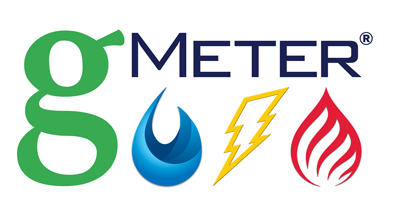demand response
Demand Response is the practice of reducing load on the electrical grid from the 'demand' or end users' consumption. Demand Response can be a win-win for utility companies as well as customer and consumers
because the financial incentives of demand response are beneficial to all parties. From a utility perspective, reducing load on the grid during peak times can help avoid having to build expensive multi-billion dollar peaker plants that only come on-line when there are peak events.
Utilities try to manage the energy capacity with the energy need but there are limitations to purchasing energy from remote utilities or states and timing and expense issues with bringing a peaker plant into operation. By incentivizing customers / consumers to reduce or 'shed' their load during peak
events, the utilities can avoid having to build additional peaker plants and ultimately reduce rates.
Utilities know when a peak event is going to happen, due to their extensive knowledge of managing the grid and the capacities needed. Often a peak event will be triggered based on weather that affects heating and cooling such as an extra hot day during the summer.
Almost any device that uses a lot of energy can be shut off to help in a demand response scenario. These peak events are by their nature time specific, and so being able to lower demand and shed load during a specific time of day is critical. There are many
different types of demand response technologies that can shut off devices or systems based on a schedule time.
The gMeter® platform includes 'demand response' plug-ins such as the IQ Module which specifically is focused on managing HVAC systems. This device not only provides demand response capability but also saves up to 15%
of the HVAC energy use.

Please contact us for more information regarding demand response programs.
We never know the worth of water till the well is dry.
Thomas Fuller, Historian
If you can not measure it, you can not improve it.
Lord Kelvin
We cannot solve our problems with the same thinking we used when we created them.
Albert Einstein, Physicist.